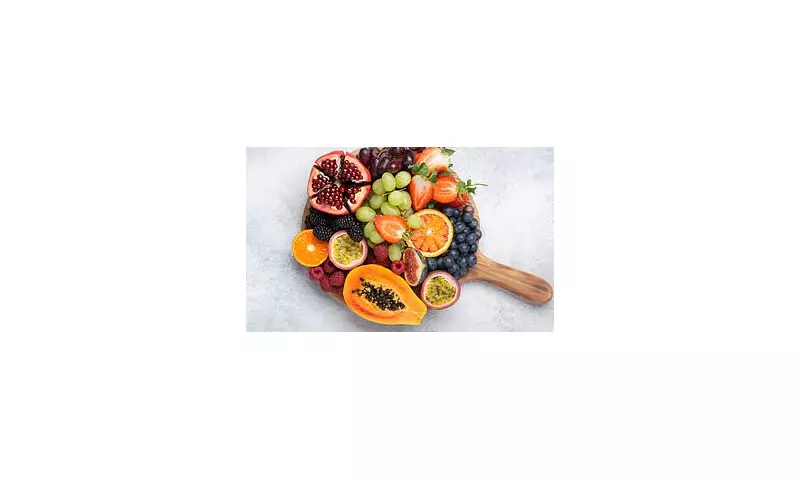
In a revelation that turns conventional healthy eating advice on its head, a top gut health expert from Harvard Medical School has identified a seemingly innocent fruit that could be the hidden culprit behind your digestive discomfort and bloating.
The Unlikely Digestive Villain
Dr. Naidoo, a renowned Harvard-trained nutritional psychiatrist and gastroenterologist, has pinpointed the banana as a potential trigger for gut inflammation and bloating in many individuals. While widely regarded as a healthy snack, this popular fruit contains compounds that can wreak havoc on sensitive digestive systems.
Why Bananas Cause Trouble
The issue lies in bananas' composition, particularly as they ripen. "As bananas become older and riper, they contain more soluble fiber and much higher levels of fermentable oligosaccharides, disaccharides, monosaccharides, and polyols (FODMAPs)," explains Dr. Naidoo.
These FODMAP compounds are poorly absorbed in the small intestine and proceed to the large intestine, where gut bacteria ferment them. This fermentation process produces gas, leading to uncomfortable bloating, distension, and abdominal pain for those with sensitive guts or conditions like Irritable Bowel Syndrome (IBS).
The Ripeness Factor Matters
Dr. Naidoo emphasizes that the level of digestive distress depends significantly on the banana's ripeness. Unripe, green bananas contain more resistant starch, which acts like soluble fiber and feeds healthy gut bacteria. However, as bananas develop those characteristic brown spots and soft texture, their FODMAP content increases substantially.
Gut-Friendly Fruit Alternatives
For those experiencing digestive issues, Dr. Naidoo recommends several low-FODMAP alternatives that are less likely to cause bloating:
- Berries: Blueberries, strawberries, and raspberries in moderate portions
- Citrus fruits: Oranges, clementines, and grapefruit
- Melons: Cantaloupe and honeydew in limited quantities
- Kiwi: Excellent for digestion and vitamin C content
Listen To Your Body's Signals
Dr. Naidoo stresses the importance of personalized nutrition, noting that individual responses to foods can vary significantly. "If you notice that after eating a banana you feel bloated and uncomfortable, it might be worth cutting back and seeing if your symptoms improve," she advises.
For those who suspect bananas might be causing their digestive issues, Dr. Naidoo recommends a temporary elimination of two to three weeks, followed by a careful reintroduction to observe any symptoms.
This expert insight challenges our perception of universally "healthy" foods and underscores the importance of understanding how different foods interact with our unique digestive systems.





